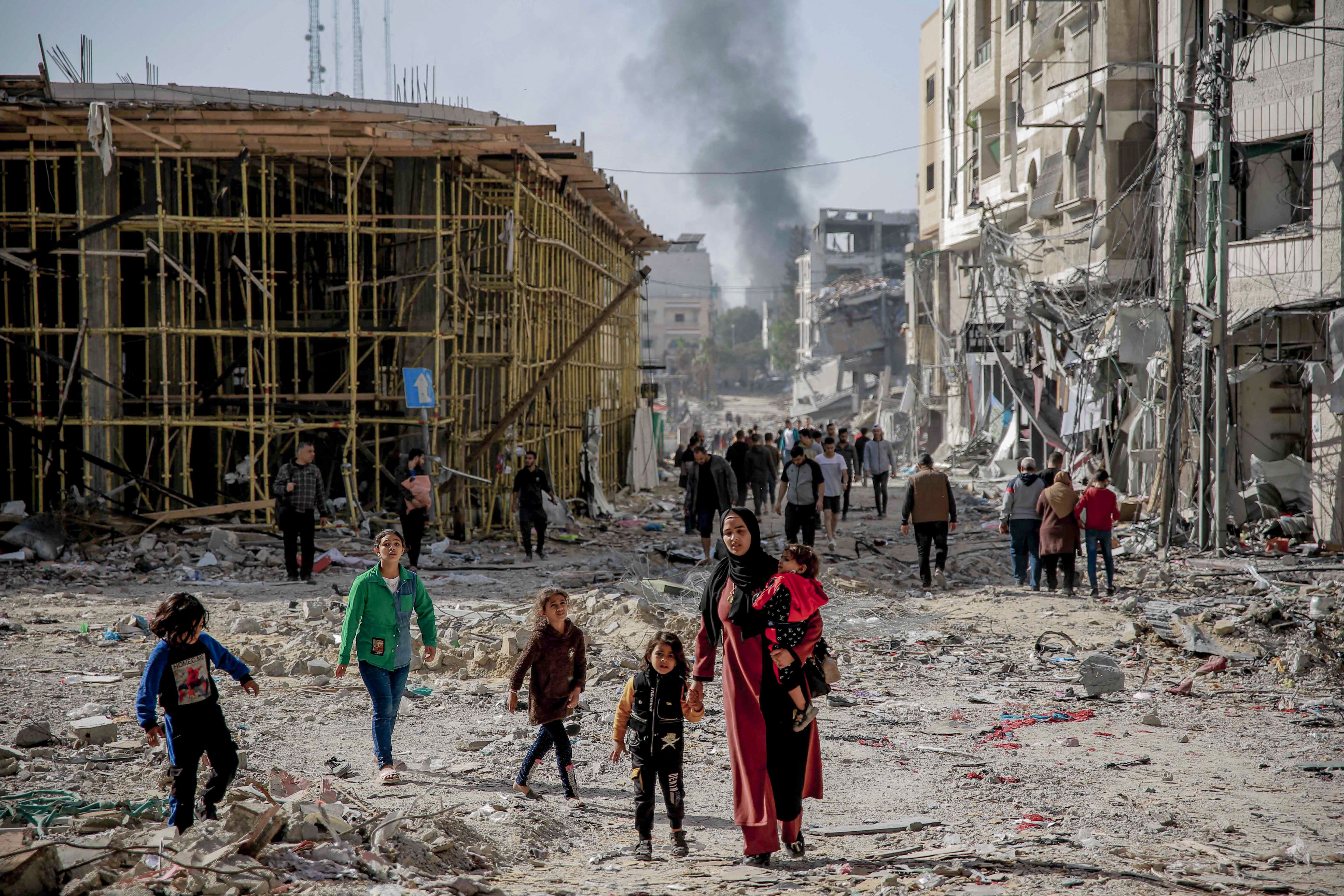
The South African government, which succeeded the apartheid regime that became a pariah on the international scene three decades ago, filed the case against Israel, accusing it of violating its obligations under the Genocide Convention in its war on Hamas in Gaza.
South Africa asked the court to indicate “interim measures” to protect the rights of Palestinians in Gaza “from imminent and irreparable loss.”
Interim measures act as a type of restraining order to prevent the dispute from escalating while the entire case progresses through court, which can take years.
For interim measures, the court only has to decide whether it has jurisdiction prima facie, or “prima prima facie,” and whether the acts complained of could fall within the provisions of the Genocide Convention. South Africa claims that some of the actions committed by Israel are “clearly capable” of doing so.
South Africa asked the court to order Israel to suspend its military campaign in Gaza. But even if the court finds that it has prima facie jurisdiction, the interim measures it orders will not necessarily be those requested by South Africa.
Can the demand be met? The International Court of Justice has approved similar requests in the past. In December 2019, hearings were held on Gambia’s request for interim measures to protect the remaining Rohingya people in Myanmar from genocide. These measures were adopted unanimously in January 2020, and ordered Myanmar to prevent all acts of genocide against the Rohingya, preserve evidence related to the case, and report regularly on its compliance with the interim measures.
States cannot appeal the rulings but the ICJ has no way to enforce them. A 2022 Human Rights Watch report concluded that abuses against the remaining Rohingya in Myanmar continued, despite temporary measures.
Likewise, although the court ordered Russia in March 2022 to immediately suspend its invasion of Ukraine, Moscow’s war continues almost two years later.
Although the International Court of Justice’s ruling against Israel may fail to restrict its military action, it may deal a serious blow to Israel’s international reputation. Israel says that its war against Hamas is consistent with international law, which gives states the right to self-defense, provided that the force it uses is necessary and proportionate.


